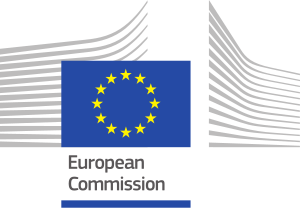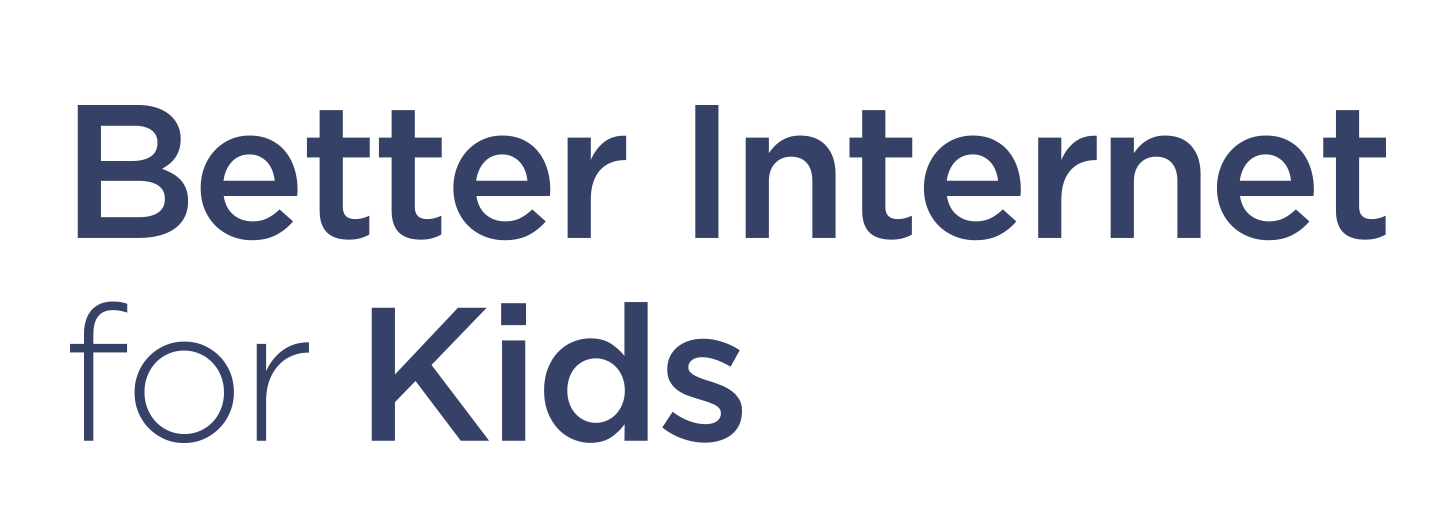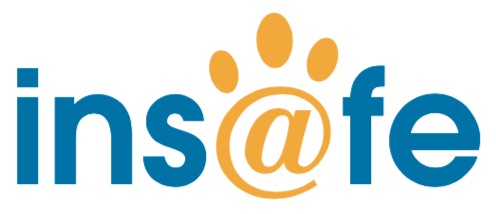
Eray Başar - Course Coordinator
Eray is a member of the Digital Citizenship Department at the EUN. He works mainly on the youth participation and project assessment tasks of the Better Internet for Kids project, among others.

For today’s youth, the internet and digital technologies play a crucial role in facilitating and supporting their communication and relationships with their friends, family, peers and others. Many children and young people use technology as a way to develop new friendships and relationships, as well as manage and strengthen existing relationships with those they know offline. Youth online communication can take many forms, and young people use a range of services and platforms to meet their needs for developing relationships. However, with the limitless opportunities for connection and communication with others, there are also many risks ranging from cyberbullying, or grooming to radicalisation of youth or harmful gender stereotypes, among others.
Against this background, this MOOC will address some of the most prominent risks and challenges that arise from the online interactions and relationships of youth. The course will provide participants with opportunities to explore and understand the nature of youth online relationships (including but not limited to those that are considered to be romantic), the features of healthy relationships, what constitutes positive and safe behaviour online and how educators can empower youth to build healthy relationships and positive online communities.
You can follow the course at your own pace. We will open one module at the beginning of each week, and there is only one deadline for the peer-review activity that you need to take into account.
Join us in the Facebook group or share your thoughts on X (formerly Twitter) using the hashtag #OnlineSafety,#BIKMOOC.
The course will target primary and secondary school teachers of any subject, particularly those who provide pastoral support or education (ethics) to learners. It will also benefit other educational professionals and stakeholders, such as heads of schools, school support staff, professionals working in non-formal education settings, and policymakers interested in this topic.
In order to earn the certificate, participants must successfully complete the course content, create a lesson plan that incorporates ideas from the course, and review at least three of their peers’ lesson plans.
The final deadline to complete all activities is 12 November 2025, 23:59 CET.
Note to teachers from Emilia-Romagna: Per i docenti della regione Emilia-Romagna iscritti alla piattaforma regionale https://iscrizioni.istruzioneer.it/ è possibile ottenere, oltre all’attestato rilasciato da European Schoolnet Academy, anche l’attestato rilasciato dall’Ufficio Scolastico Regionale per l'Emilia-Romagna (Servizio Marconi) che attua un'azione di facilitazione ed accompagnamento a questa attività. Maggiori informazioni al link: https://bit.ly/EuroSmooc21.
Note to teachers from Ireland: It may be possible to count the completion of this course as part fulfilment of any discretionary CPD hours, subject to your school management's approval. Therefore, please enquire with your school management if your participation in this course can be formally recognised.

Eray is a member of the Digital Citizenship Department at the EUN. He works mainly on the youth participation and project assessment tasks of the Better Internet for Kids project, among others.

Alice is a wellbeing education consultant who supports schools in teaching about relationships, health and safety, both online and offline. With years of classroom and advisory experience, she helps educators empower young people to build safe, ethical, positive and inclusive relationships, including in digital spaces.
With funding provided by the European Commission's Digital Europe Programme (DIGITAL), the joint Insafe and INHOPE network of Safer Internet Centres collaborates to deliver a safer internet, promoting safe, responsible use of the internet and mobile devices to children, young people and their families, and working to identify and remove illegal content online, in line with the EC’s Better Internet for Kids Strategy. Visit the Better Internet for Kids portal for further information.



This course is produced by European Schoolnet on behalf of the European Commission as part of the Better Internet for Kids initiative with active involvement from Insafe network members. This MOOC is provided in good faith with regards to the validity, accuracy or comprehensiveness of the information contained within it, but please note that the views expressed are not necessarily the views of the European Commission or any partner organisations. Please note also, the authors have no control over third-party references and linked sites, and any referenced links may be subject to change over time.
All content on this course unless specified otherwise is licensed under a Creative Commons Attribution-ShareAlike 4.0 International License